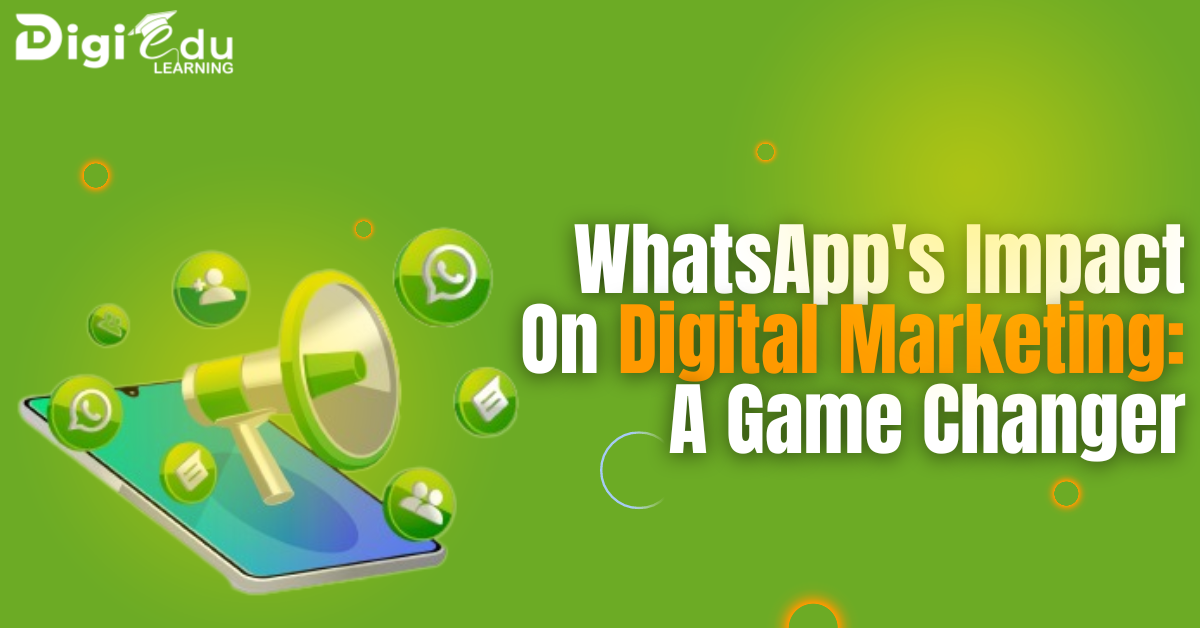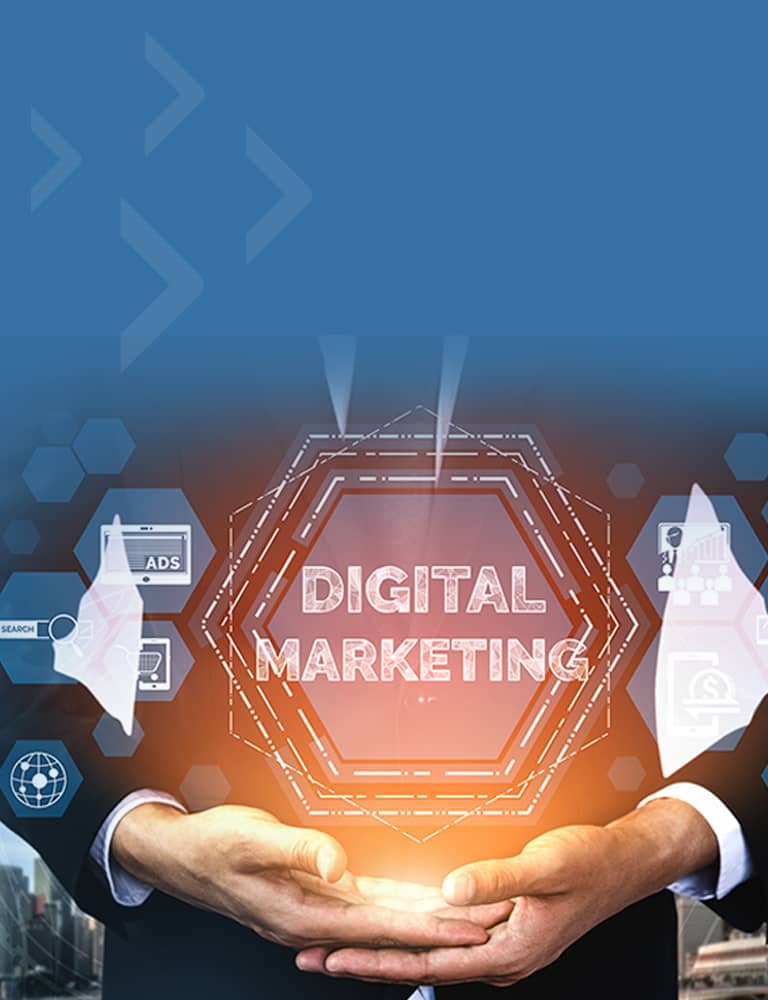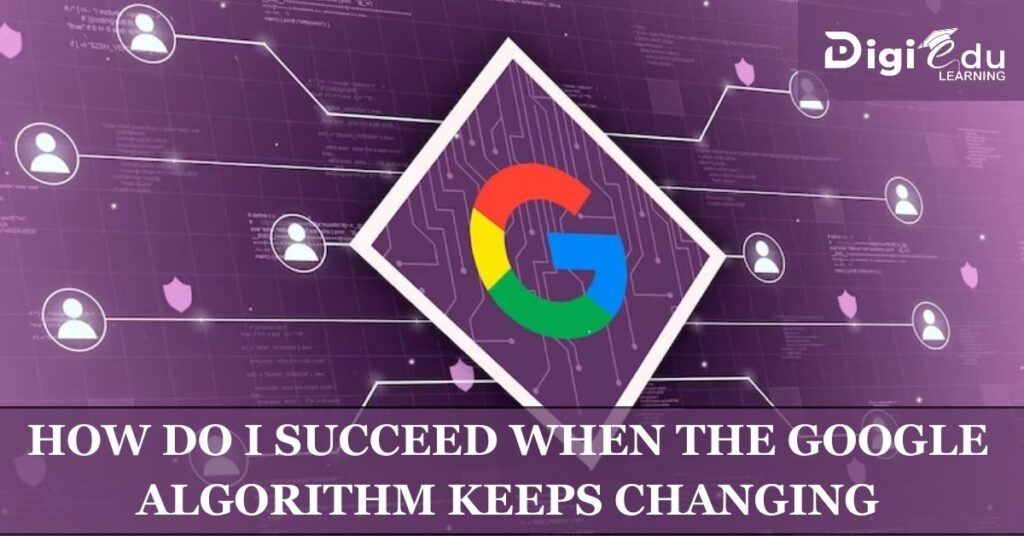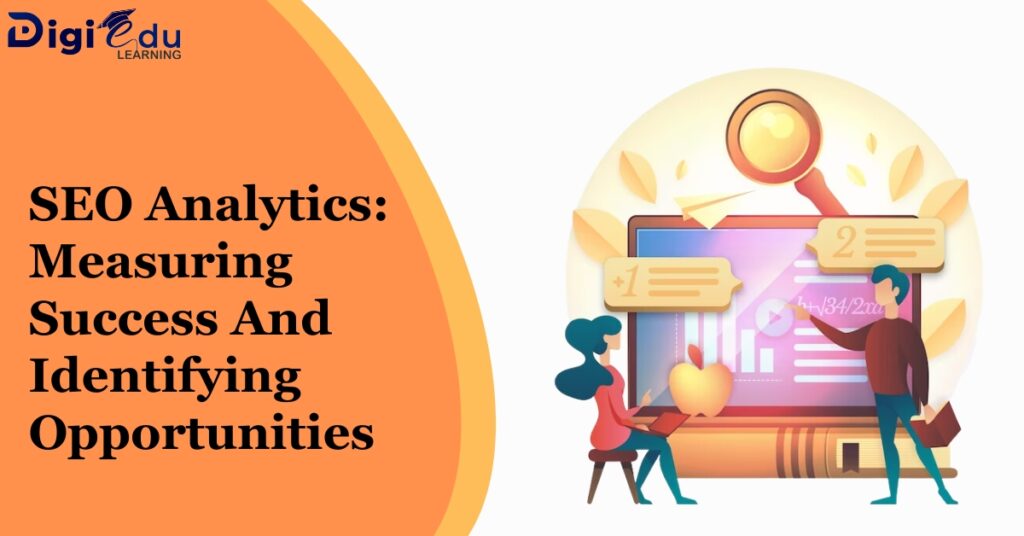The field of Digital Marketing has always been in a state of constant change, with new channels, technologies, and trends appearing on a regular basis. WhatsApp, a well-known messaging app with more than two billion users worldwide, is one of the most recent players to disrupt the digital marketing landscape. As of late, WhatsApp has extended its abilities past correspondence and has turned into an undeniably incredible asset for organizations to draw in with their clients. We’ll go in depth on the future of digital marketing and how WhatsApp is changing the game in this blog post.
The Rise Of WhatsApp In Digital Marketing
WhatsApp was initially developed as a personal messaging app, businesses quickly realized that it could be used to connect with customers. With its start to finish encryption and easy to understand interface, WhatsApp immediately turned into a well known channel for organizations to give client care and backing. However, as WhatsApp’s capabilities continued to expand, businesses began to recognize the app as an effective marketing tool.
WhatsApp’s high engagement rates are one of its main advantages. A study by Digital Marketing Community found that 98% of WhatsApp messages are opened, while only 20% of emails are. Because of this, businesses that use WhatsApp for marketing can rest assured that a significant portion of their audience will see their messages. In addition, WhatsApp’s real-time messaging capabilities make it possible for businesses and customers to communicate quickly and easily, which may result in increased customer satisfaction and loyalty.
The Future Of WhatsApp Marketing
It is evident that WhatsApp will play an increasingly significant role in digital marketing as its popularity continues to rise. We anticipate that WhatsApp will transform the industry in the following ways:
Personalization: Personalization is one of the biggest trends in digital marketing, and WhatsApp is great for sending personalized messages. Businesses can use WhatsApp to send relevant, targeted messages that resonate with their audience by utilizing data and analytics to comprehend the preferences and behavior of their customers.
E-commerce: WhatsApp has added a number of features over the past few years that have made it easier for businesses to sell products and services directly through the app. WhatsApp can be used by businesses, for instance, to showcase their products, process orders, and offer support to customers throughout the purchasing process.
Automation: WhatsApp can be used by businesses to offer customers round-the-clock support because of the proliferation of chatbots and other automated messaging tools. Via mechanizing routine undertakings like responding to much of the time clarified pressing issues, organizations can let loose their client support groups to zero in on additional perplexing issues.
Integration: We anticipate increased integration with other digital marketing tools and platforms as more businesses begin to use WhatsApp as a marketing channel. To provide a seamless customer experience across multiple touchpoints, businesses, for instance, may use WhatsApp in conjunction with email marketing, social media marketing, or other channels.
Best Practices For Marketing On WhatsApp
Despite the numerous advantages WhatsApp provides to businesses, it is essential to approach the channel strategically to maximize its effectiveness. How to use WhatsApp effectively in your digital marketing strategy:
Create an audience: You need a large and engaged audience to get the most out of WhatsApp marketing. If you want to get customers to sign up for your WhatsApp messages, you might want to think about using other channels like email, social media, or your website.
Contribute value: It is essential to provide value to your audience through WhatsApp messages, just as you would with any other marketing channel. This could be in the form of exclusive deals, helpful hints, or customized recommendations based on the preferences of customers.
Utilize automation wisely: Automating your customer service and support processes can be a powerful tool, but it’s important to use it strategically. Check to see that your chatbot or other automated tool is well-designed and able to answer questions from customers.
Be forthright: Be open and honest about your plans for using customer data and how you intend to use WhatsApp for marketing. Be upfront about the kinds of messages customers can anticipate receiving and ensure that your privacy policy is clear.
Make use of multimedia: WhatsApp upholds an extensive variety of interactive media designs, including pictures, recordings, and sound documents. You can increase the shareability and engagement of your content by incorporating these formats into your messages.
Iterate and test: It’s important, as with any digital marketing strategy, to try different approaches and tweak based on what your audience likes best. To determine which types of offers, calls to action, or messaging styles are most popular with your target audience, you might want to try A/B testing.
Give excellent service to customers: Last but not least, keep in mind that WhatsApp is primarily a messaging app, and customers expect a high level of support and responsiveness. Ensure that you have a committed group set up to deal with client requests and give convenient and supportive reactions.
CONCLUSION
WhatsApp has become a powerful digital marketing tool because it gives businesses a way to talk directly to their customers. WhatsApp has the potential to transform the way businesses interact with their audiences, enabling them to deliver personalized content and strengthen relationships, thanks to its high engagement rates and real-time messaging capabilities. Businesses can anticipate even greater opportunities for growth and engagement as WhatsApp continues to add new marketing features and grow its user base. Digi Edu Learning is dedicated to remaining at the forefront of these trends and assisting our clients in fully utilizing WhatsApp and other digital marketing channels to achieve their objectives and propel success.






